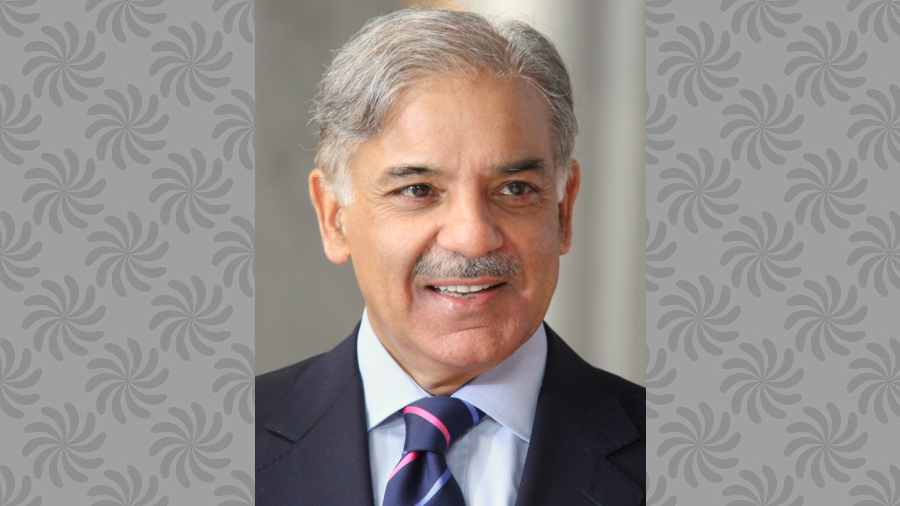There is no end to Pakistan’s political crisis. Earlier this month, the Pakistan Tehreek-e-Insaf dissolved two provincial governments in Punjab and Khyber Pakhtunkhwa where it was in power. Both provinces now have caretaker set-ups in place and elections are expected to be held within three months. However, the caretaker set-up in Punjab was rejected by the PTI. This was because after a deadlock between the PTI government and the Pakistan Muslim League (Nawaz) Opposition in reaching a consensus on the name of the caretaker chief minister, the Election Commission of Pakistan picked one of the names given by the latter. This was done as per the Constitution but the PTI government believes that the ECP is biased and, hence, chose one of the names forwarded by the Opposition instead of choosing a name from the two given by it.
There is speculation whether elections to these two provincial assemblies would take place in the constitutionally-designated time frame or whether they will take place when other assemblies complete their tenure in August this year and general elections are called. However, constitutional experts say that delaying elections in Punjab and Khyber Pakhtunkhwa would be unconstitutional.
PTI leaders say there are plans to arrest Imran Khan, whose close aide and senior PTI leader, Fawad Chaudhry, was arrested last week on sedition charges for threatening ECP officials. Some political observers suspect that Chaudhry’s arrest may be the first of more arrests of PTI leaders, including Khan. The former chief minister of Punjab, Chaudhry Pervaiz Elahi, had warned Khan not to go ahead with the dissolution of the assemblies as being in government in two provinces provided the PTI with protection against arrests, among other benefits. Elahi had reportedly advised Khan that instead of opting for this nuclear option, after which the PTI would not hold any political cards, the two assemblies could be used as a bargaining chip. Many who had called the dissolution a masterstroke now believe that it was a mistake. In politics, timing may be everything but so is holding some cards that can be used as bargaining chips. Given the PTI’s recent tensions with the Establishment, there are speculations whether Khan would be able to form a government despite his popularity.
On the one hand, there is political uncertainty and on the other, Pakistan is facing one of its worst economic crises in decades. The ruling PML(N) itself is in disarray due to the economic crisis. With Shehbaz Sharif as prime minister and Ishaq Dar as finance minister, the PML(N) seems afraid of going to the polls on the back of rising inflation as it has lost a considerable chunk of its popularity after forming a coalition government at the Centre. Nawaz Sharif remains in London but has nominated his daughter, Maryam Nawaz, to lead the party as its chief organiser. Maryam has a number of challenges ahead of her before the elections. It is no secret that there are differences within the Sharif family as well between Shehbaz’s side of the family and Maryam. Meanwhile, the battle rages on about who will lead the party after Nawaz. The PML(N) is Nawaz’s party through and through. He is the only figure who unites the party and whose leadership is undisputed. Other aspirants will all have to prove their leadership skills. Maryam has charisma. Her aggressive style of politics has turned her into a crowd-puller. But it will take a lot more to prove her mettle. She has never been elected; some observers say she should not pose herself as a candidate for the post of prime minister or Punjab’s chief minister for the 2023elections as she needs time to learn the ropes. But there is also speculation that the PML(N)’s electoral campaign would not be successful unless Nawaz returns. So far, he has not announced when he will come back to Pakistan.
The political uncertainty and speculations about the delay in elections can end if all political parties sit together and hold a dialogue for structural reforms. Without a new, comprehensive charter of democracy, Pakistan’s politics cannot move forward. The sooner our politicians realise this, the better.
Mehmal Sarfraz is a journalist based in Lahore; mehmal.s@gmail.com











